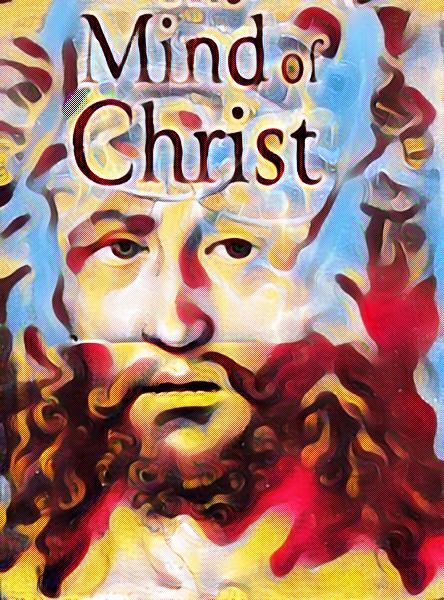Many years ago, I precipitated the ire of several activist homosexuals with criticism of their movement toward normalization and the enabling from politicians who made claim to the Catholic label, like the late Senator Ted Kennedy. My old blog was barraged by negative critics, and I was reported to the archdiocese for hate-speech. However, in truth I was merely doing what any pastor of souls should do, echoing the truths of Christ’s Church.
There have been a notable number of websites labeled as hate sights for quoting the Bible, notably Leviticus 18:22: “You shall not lie with a male as with a woman; it is an abomination.” This sin is bookmarked by prohibitions against adultery and child sacrifice on one side and by a condemnation of bestiality on the other. This is ample evidence of how the earliest believers called by God viewed such transgressions. Many clergy worry that one day any word from the pulpit against sodomy may result in arrest, fines and maybe even imprisonment. Up-and-coming politicians like Cory Booker view both the killing of unborn children (as with feeding them by fire to the demon Molech) and same sex marriages as protected human rights. Arguing that the termination of unborn children is healthcare, he states, “Abortion is not just a ‘women’s issue’ it is a human rights issue. Which is why we must continue to fight for legal and safe abortion access!” Supporting gay marriage he states, “We aren’t just talking about ‘gay rights.’ . . . We are talking about human rights.” He says this as a supposedly good Baptist. But, alas, the truths of the Bible are readily dismissed for the fads and fashions of an immoral secular world.
There is pressure being exerted to change the teachings of the Catholic Catechism. Already there are bible exegetes seeking creative ways to misdirect or devalue prohibitions against intimate same-sex activity. Paragraph 2357 labels homosexual acts as a “grave depravity” and homosexuality as “intrinsically disordered.” It is a violation of divine positive law (Scripture) and the natural law. It is the chief sin that brings down destruction upon the cities of Sodom and Gomorrah.
The prohibition of the Old Testament is confirmed in the New. St. Paul is definite about the moral gravity and writes:
“Do you not know that the unrighteous will not inherit the kingdom of God? Do not be deceived; neither the immoral, nor idolaters, nor adulterers, nor homosexuals, nor thieves, nor the greedy, nor drunkards, nor revilers, nor robbers will inherit the kingdom of God” (1 Corinthians 6:9-10).
He repeats himself in 1 Timothy1:8-10:
“Now we know that the law is good, if any one uses it lawfully, understanding this, that the law is not laid down for the just but for the lawless and disobedient; for the ungodly and sinners, for the unholy and profane, for murderers of fathers and murderers of mothers, for manslayers, immoral persons, sodomites, kidnappers, liars, perjurers, and whatever else is contrary to sound doctrine . . . .”
Homosexual sin is described as a symptom of spiritual alienation from God. It is no wonder that the many voices for inclusion and welcome in the Church for gays also repudiate purity and charity while demanding full normalization of perversion. Instead of the reprobate reforming, the impetus is placed upon the Church renouncing the law of God and nature. We read in Romans 1:24-27,
“Therefore God gave them up in the lusts of their hearts to impurity, to the dishonoring of their bodies among themselves, because they exchanged the truth about God for a lie and worshiped and served the creature rather than the Creator, who is blessed fore ever! Amen. For this reason God gave them up to dishonorable passions. Their women exchanged natural relations for unnatural, and the men likewise gave up natural relations with women and were consumed with passion for one another, men committing shameless acts with men and receiving in their own persons the due penalty for their error.”
Today, many are claiming the term “disorientation” is mean-spirited or cruel. But I would argue that it is both descriptive and civil. The slurs of Pope Francis illustrate that there are a lot worse words we could use to describe those afflicted with this inclination. I must qualify this by noting that a few orthodox commentators are quick to explain that there is no sin in the disorientation, only in the same-sex acts. Yes, this is true, but it is not a neutral matter. It signifies a real and dangerous woundedness. The Church’s enemies appreciate this point and it is for this reason that they seek to prohibit and/or make illegal any efforts at therapeutic repair or correction of the orientation.
Filed under: Uncategorized | Tagged: Bible, christianity, Homosexuality, Marriage, theology | Leave a comment »
















































